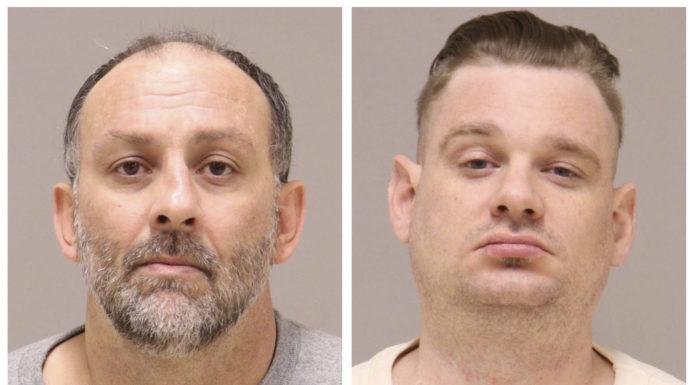(Ken Silva, Headline USA) In August, the alleged “ringleaders” of the 2020 militia conspiracy to kidnap Michigan Gov. Gretchen Whitmer filed appeals to overturn their convictions due to FBI malfeasance and a lack of a fair trial.
In their appeals, Adam Fox and Barry Croft pointed out in their appeals that their lawyers said they were improperly limited in questioning government’s star witness. The lawyers were also denied the ability to vet a juror who had expressed bias against the defendants, they said
Moreover, the jury was never presented evidence that FBI agents were pressuring their undercover informants to provoke the defendants to criminality, according to Croft and Fox.
On Wednesday, the Justice Department filed its response to Croft and Fox. The full brief can be read here, but in summary: the DOJ denied all the alleged wrongdoing that occurred during Croft and Fox’s trial.
On the issue of time limitations, U.S. Attorney Nils Kessler argued that such restrictions were perfectly appropriate. And Kessler dismissed allegations of a biased juror as “double hearsay”—a coworker said he heard the juror had already decided to convict the men, but the juror denied the allegation, though he wasn’t under oath when questioned about the matter.
As for the evidence that FBI pressured its informants to provoke the defendants to criminality, Kessler argued that none exists—ignoring, among other evidence, the damning text between FBI agent Jayson Chambers to his informant, Dan Chappel, instructing him that the “mission is to kill the governor specifically.”
Kessler also argued that FBI informant Stephen Robeson’s text to his handling agent admitting that he was giving the defendants drugs was irrelevant to the case.
“While the FBI authorized Robeson to be [an informant], there was certainly no suggestion that the FBI directed him to use—or invite others to use—illegal drugs,” Kessler said. “This example only supports the district court’s proper caution about the statements of independent actors with their own criminal issues and mixed motives.”
Kessler added: “Neither defendant produced evidence that government agents or informants induced them to commit the crimes … Instead, they sought to confuse and mislead the jury by introducing irrelevant information about informants’ opinions.”
In his brief, Kessler also argued that only Croft’s appeal is raising an entrapment defense. Despite Fox’s appeal brief mentioning entrapment on multiple occasions, Kessler argued that “Fox does not raise entrapment on appeal, and thus has waived it.”
Fox and Croft, who are being held in supermax prison, now have 21 days to reply to the DOJ.
Ken Silva is a staff writer at Headline USA. Follow him at twitter.com/jd_cashless.

